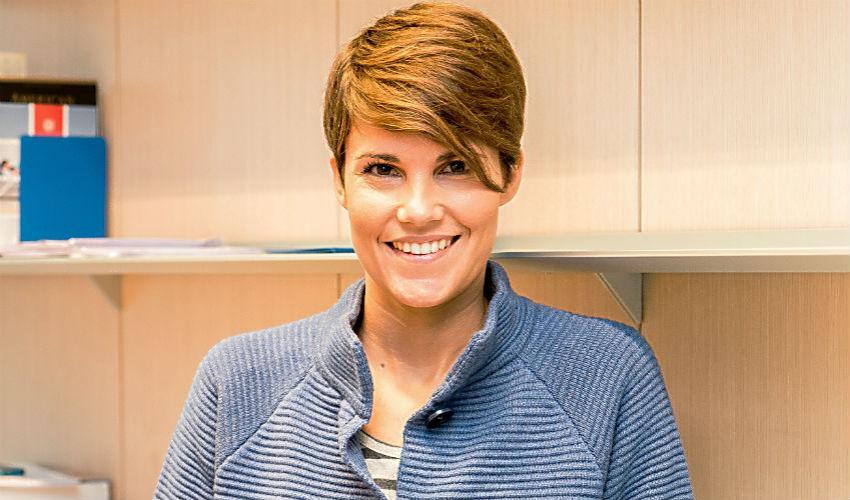
How a Sick Family Member Affects Other Members' Education, Employment, and Health
NICOLETTA BALBO IS PART OF THE TEAM THAT OBTAINED A RESEARCH COUNCIL OF NORWAY GRANT TO STUDY THE TOPIC USING EXCEPTIONALLY RICH DATANicoletta Balbo, Assistant Professor at Bocconi Department of Social and Political Sciences, is among the recipients of a grant allowed by the Research Council of Norway for SickFam (A Register Study on the Short- and Long-Term Effects of Severe Sickness on Family Members), a research project that aims to investigate how living with a severely sick family member affects educational progression and achievements, employment, income, and mental and physical health of the other family members.
The study will be based on exceptionally rich administrative data that cover the entire Norwegian population.
Preliminary analysis of data shows that in Norway about 51,000 children live with at least one sick parent, and 32,000 parents live with at least one sick child, and confirms that both parents and children who live with a sick family member experience disadvantages in working life, life course outcomes, schooling outcomes and mental health:
| Mothers having at least one child with behavioral disorder or Down syndrome have an average labor income that is about 20% lower than the average income of comparable women. |
|
| Mothers having a child with schizophrenia, bulimia/anorexia, autism, or behavioral disorders are more than twice as likely as the average mother to undergo treatment for mental illness. |
|
| The likelihood of completing secondary school by age 24 is only 66 percent among women who experienced the early death of their mother, compared to 76 percent among all women in the same age group. |
|
| The proportion of those who seek help from the health care system for mental sickness is approximately 40 percent higher than the average for women who have lost their mother. |
The exceptional richness of available data will be a key feature of the study. “First, the large data will provide us with enough cases of severe sickness to analyze in detail how the effects vary by socioeconomic resources and family structure,” Professor Balbo explains. “Second, a key problem in this kind of research is that families who experience severe sickness may not be similar to families who do not. They have characteristics that affect both the likelihood of sickness and the outcomes of interest (e.g., education or work force participation). Using register data, we will be able to tackle this challenge in different ways. For instance, we will analyze sicknesses apparently unrelated to risk factors, whose occurrence can be considered random; we will study the divergence in families displaying the same observed characteristics until the appearance of sickness; or we will take a sibling design: when siblings experience their father’s sickness, they differ in age and this will help us explain the role of age, all the rest being equal.”
“To develop effective welfare policies, it is essential for policymakers to understand the forces and barriers that can lead to the disruption of school careers and exclusion from the labor market,” Balbo concludes.
SickFam principal investigator is Øystein Kravdal (University of Oslo and Center for Fertility and Health at the Norwegian Institute of Public Health).
by Fabio Todesco
